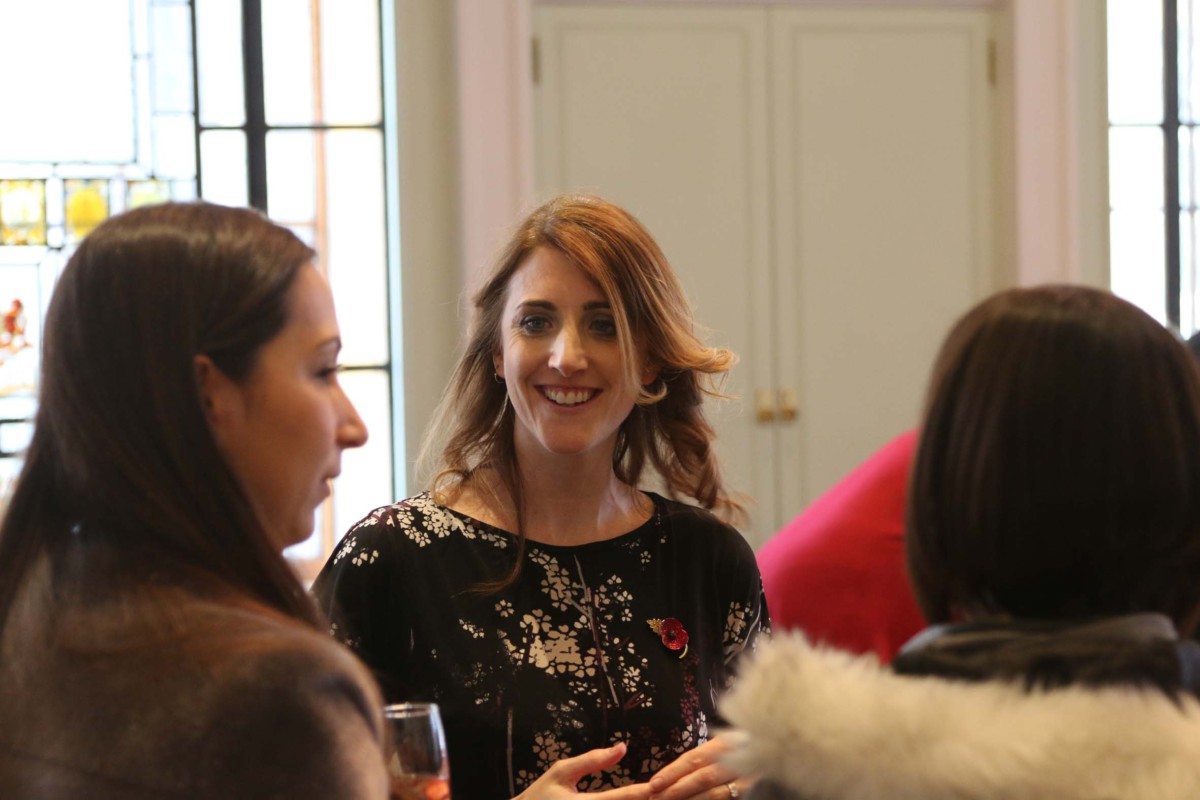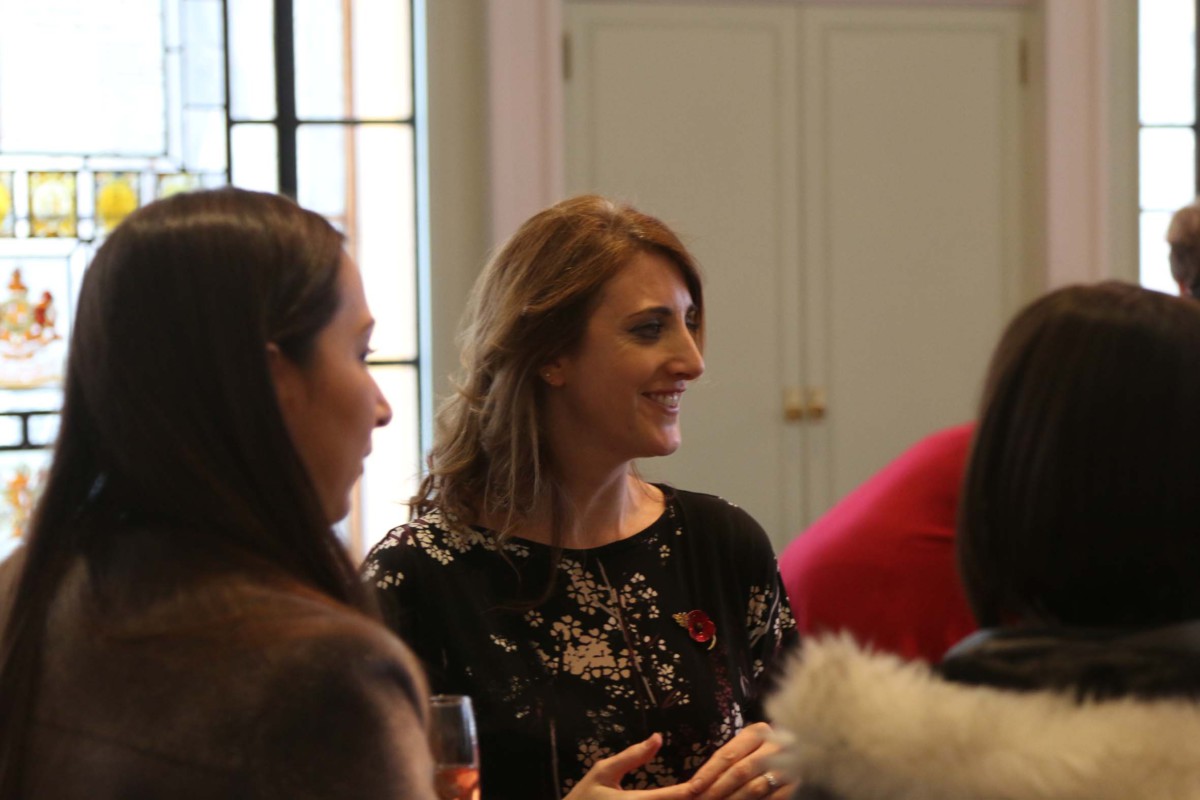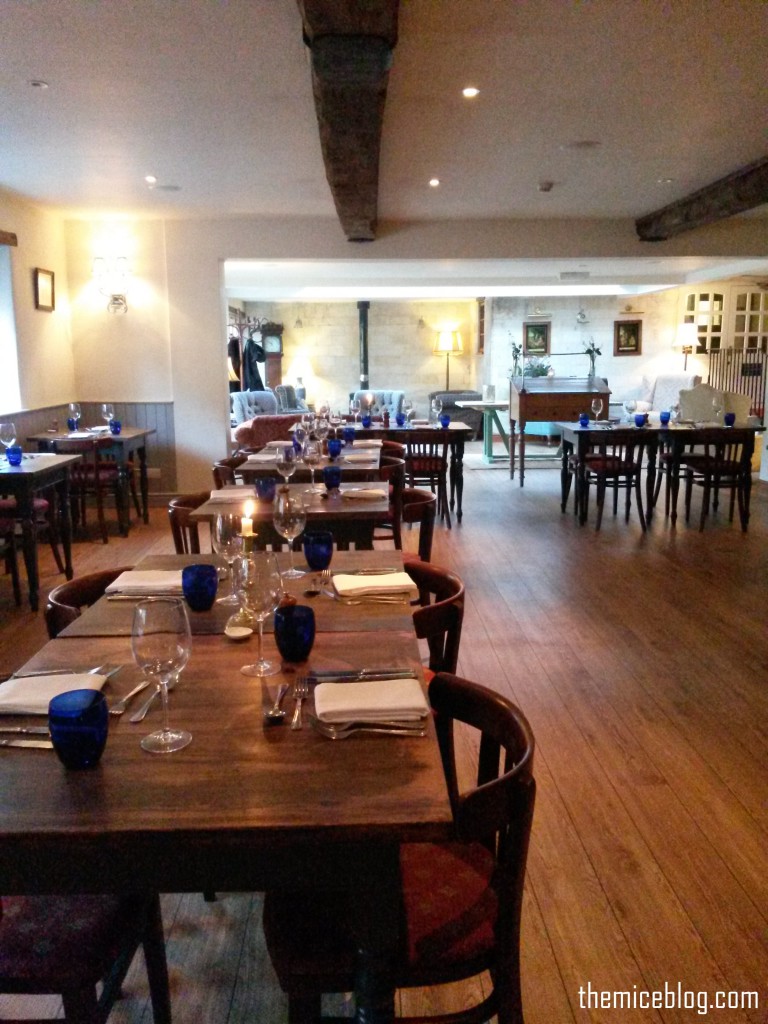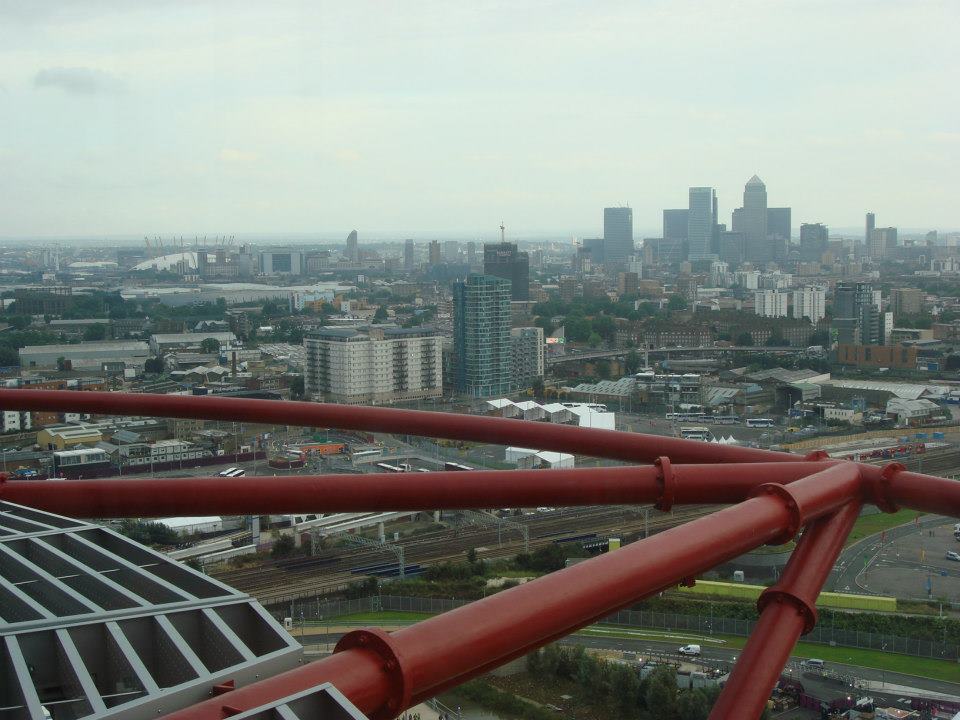Back in October I shared with you an article about Trinity House, a unique venue in central London, overlooking Tower of London and the River Thames. Zoe Turner is Deputy Events Manager at Trinity House, Tower Hill, and has been there for a decade. In September 2015, she decided to embark on an Events Management Course at The University of Greenwich and is half way through a two-year Master Degree. It is normally a one-year course but Zoe is holding down a full-time job with their support and encouragement at the same time.
I was inspired by this story so I interviewed Zoe about her role, why she decided to pursue a degree, how she can apply theory into practice, what advice would she give to young professionals considering similar career path and more!
Her first job was as a waitress while she was at college; then after working in a bar she went travelling around the world before coming back to work as a full time bar manager. She then started working in hotels as a restaurant manager and Conference & Banqueting Manager then got a job as Deputy Manager of a hotel. She was promoted to General Manager before deciding to move to London to accept a position in the events management department at prestigious Trinity House in 2006.

Zoe Turner, Deputy Events Manager at Trinity House, Tower Hill
Why did you decide to pursue an event management Master’s degree?
I didn’t go to university when all my friends did preferring to secure a job and just ‘get on with life’ – without the burden of up to tens of thousands of pounds in student loans. However, I have wanted to gain a high level academic qualification for a while and, until recently, the various Event Management courses were still finding their feet because it is such a practical subject. I believe that the University Greenwich MA course has been very well developed so far and, when I looked at their course guide, I felt it had the right components for me and that would be of benefit to my job. An additional advantage was that because I have worked within the hospitality industry for 20 years, it was not necessary for me to have a BA to qualify which meant I could go straight in at the MA (Masters) level, saving years of studying for a BA first.
How can you apply what you learn at university into your daily job?
We are taught about marketing, and how it has developed to get to its current stage; also finance, and particularly how to interpret a balance sheet, analyse the strategy of a business and measure its success; how people from different cultures work: what they expect, and what we can expect from them while working with them. The course covers all sorts of different types of events, so it is a good way to learn if you are interested in a different area. We are also taught how to prepare sponsorship proposals, amongst other things. In a nutshell, we are taught about every element that the industry comprises, in a way rounding out what I already knew but giving me a more complete impression of the industry as a whole.

What advice would you give to young professionals wanting to pursue a career in events management or an event management degree?
Anyone thinking of taking on a BA or MA in Events Management should be sure to also get some ‘real life/work’ experience at the same time. Employers don’t always recognise the amount of work that goes into a degree so some kind of practical work experience is essential – something that most people in the industry would recognise and would relate to.
A new student in event management should be aware that he/she is unlikely to walk out of university into a role as an Event Manager. It is important to gain experience from entry level, learning as you go, so that there is a good understanding of the logistics of each request/requirement, at every level. It’s good to have an academic qualification, but my advice would be to get some basic experience first, then get a BA or MA, as that will make it much easier to conceptualise what the student is being asked to write about at university. ‘Events’ is a very practical subject and it is sometimes difficult to understand why lecturers are teaching certain things if this has not been experienced first-hand.

The Court Room, Trinity House
What achievement are you most proud of?
That’s hard to say at the moment. So far, I am probably most proud of making it this far through the course; because when I started in September last year, I was quite taken aback by the sheer quantity of work that goes into a Master’s degree. And conducting it at the same time as holding down a busy full-time job can be challenging. My employers have been very encouraging and supportive by letting me take time off for classes and some study leave when deadlines are looming – this, of course, makes all the difference.
I had a massive health scare almost five years, which really knocked me sideways, so to be able to come back from that and take on a challenge like this is something I certainly never thought I would be able to achieve. In a moment of madness I decided to take the first step and ask some universities whether they would consider me as a student. When they said yes, I didn’t feel as if I could just stop there, I needed to keep going to see how far I would get.
What business skills do you need to be successful in this industry?
I think you need to be able to understand and apply everything to a certain level. IT skills, negotiating skills, a bit of financial understanding, marketing and social media are very important.

In the decade you have been working in management in the events industry, have you observed an increasing sophistication in the way professionals liaise with you?
Absolutely. Clients’ requests have become more detailed, and involve more and more outside suppliers, always trying to make their own event stand apart from all the others. Technology has evolved hugely and there is great pressure within the industry to keep up. That’s can sometime be a challenge when working in a venue that is basically ‘dry hire’ (venue only). It is necessary to pro-actively keep up with all these advances and teach myself things until I feel I understand them. Of course as soon as I do, something else brand new comes along, and I have to start again!
We want to help clients to make their job easier too so we have developed our services to be of benefit to them, all the time trying to maintain the essence of Trinity House. It is very important to us that the events run perfectly because, as the working home of the General Lighthouse Authority where all of the nation’s lighthouses operate perfectly, it is up to us to reflect the good reputation of Trinity House as a whole.
What tips would you give to event industry professionals when liaising with venues?
Well, I can’t speak for every single venue person, but we at Trinity House like it when people are clear and open with their brief right from the beginning. It’s always a pleasure dealing with cheerful people, who appreciate how wonderful Trinity House is as a building and venue. We love showing people around the venue, and showing them why we are so enthusiastic about it, and letting them understand why Edgar and I have stayed for so long!

Trinity House




An outstanding interview with a beautiful young woman! She obviously knows what she wants and how to get it! I predict she’ll go far in her career, and thoroughly and deservedly so!